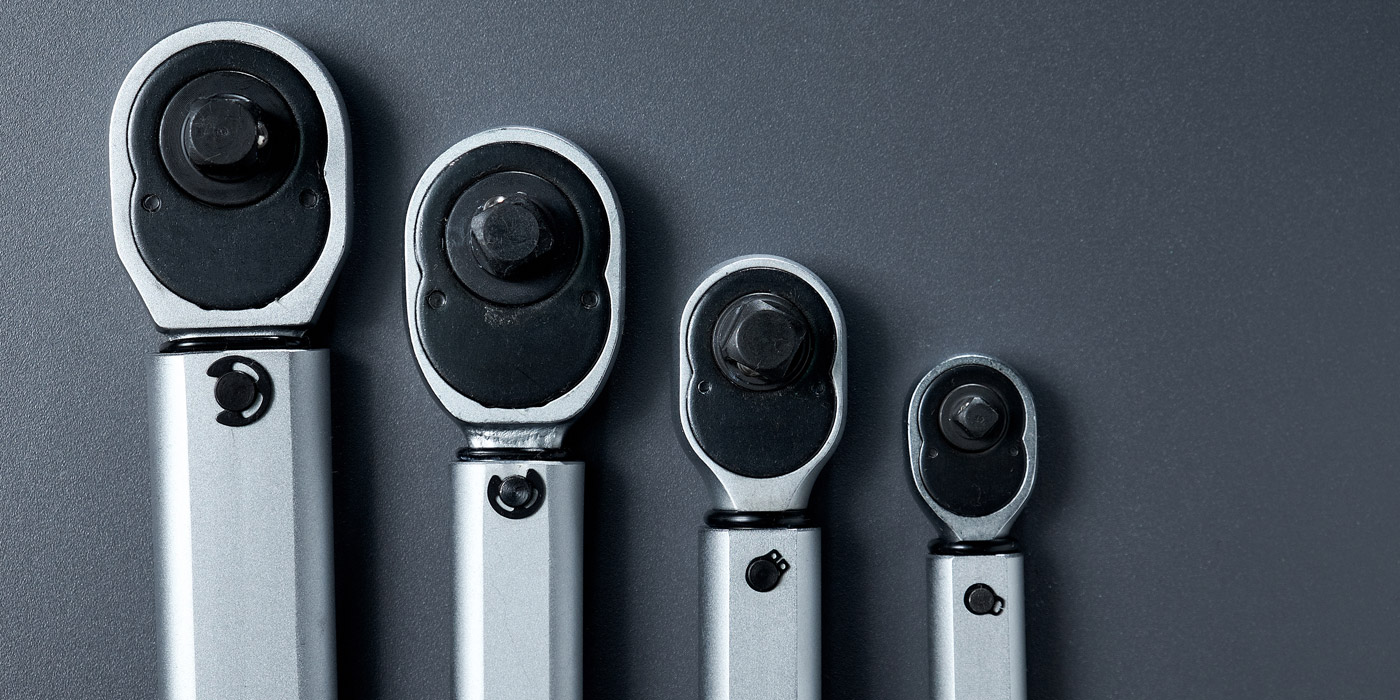5 Surprising Strategies to Increase Business Productivity & Profitability
In today’s cutthroat business climate, the pressure to generate profits quickly is often unrelenting and intense. From contending with new competitors that seemingly surface by the hour, providing quality service to a varied customer base, and maintaining relationships with vendors and business partners, the daily grind is complex.
And, to do all of this efficiently and effectively can be daunting to say the least. Maximizing both productivity and profitability in a business often takes out-of-the-box thinking. But, don’t stop there! It’s also wise to go a step further and think against the grain to look at issues and approaches through a different lens — even if this different perspective is counter-intuitive or contradictory.
The wisdom this can reveal can rapidly take a business to new heights. With this in mind, consider the following five surprising success strategies based on common career and organizational views held by many top business managers and owners.

1. ‘Quitting’ Can be a Good Thing
In his book, The Dip, popular author Seth Godin says that we need to quit doing unproductive things to begin doing what is beneficial to us. In other words, people often see letting go as something bad, but corporations, solvent governments and the best-of-the-best among the financially savvy quit all the time. In other words, they remain solvent because they refuse to lose all of their money on a bad investment. Even with government, deficit spending can never sustain itself. In hard times, the mayors, governors and corporate executives who are the most savvy force the elimination of underperforming programs in order to regain fiscal health.
If you’re headed for disaster and you know it, it’s time to bail — and there’s no shame in doing so. The embarrassment comes from spinning your wheels endlessly for the sheer principle of trying to finish what you started. Be smart and calculating, and quit when it’s finally time to quit.
2. Superheroes Are Their Own Worst Enemy
When the going gets tough (and rest assured, it will), it may be time to lighten the load — and don’t be reluctant to make difficult cuts when it does. Too many managers and owners have a superhero complex, often taking on far more than they can handle, both as a business professional and even in their personal lives. Delegating or even shutting down select initiatives and programs may be just what’s required to avoid a big-picture catastrophe.
In business, there is a practice known as “lean operation.” Lean is the proverbial process of throwing things overboard that slow a business operation down. In nearly every business, there are processes or personnel that are not optimal. They are “heavy” and sometimes dead weight, and if you ever endure a financial storm, they may sink the ship. This “weighted tackle” of financial liability takes many forms, including outdated technology, inefficient manual processes, failing marketing campaigns and unproductive staffers. All of these things can threaten your entire business during rocky times. Lightening your load rids you of those obstacles that weigh a business down, and makes business processes much easier to manage.
3. Clarity Trumps Cash
Quite simply, those who have a purpose work more productively and become more profitable. In other words, clarity of vision spurs production. Having passion for what you do is still a popular mantra, but most people’s passions have little or nothing to do with their business. In an age where we’re told to transform our passions into lucrative careers, it is no wonder so much of today’s workforce suffers from discontent and endless job-hopping.
Among the most important factors involved in earning sustained profits is simply knowing the meaning of the work being conducted. What are you working for, and what significance does this have to you both professionally and personally? The best business minds acknowledge that no matter what industry you’re in, clarity breeds conviction, and conviction spurs success. Once you’re focused on the substance of your work and the way in which it’s executed, money is sure to come. However, focusing solely on money-minded objectives is a driver for failure because, in the end, money is nothing more than a byproduct of the overarching purpose you’re trying to achieve. The real payoff is the quality of your production output, the way you go about achieving it and the resultant benefits to those you serve.
4. Giving is The New Receiving
Wealth building should not be a self-serving goal. Some have said that money can be the root of all evil; however, the actual quote is “the love of money is the root of all evil.” But, money can also be the root of a lot of good deeds. For many, a strong business venture may be the path to help those with fewer resources and more needs. Today’s philanthropists are as diverse and unique as the causes they support. Many approach charitable causes with the same drive and commitment they apply to building their businesses. Some take it a step further and establish their own charities that are meaningful to them and can be more effective and helpful than some of the more traditional not-for-profits in existence. Of course, businesses gain tax-related benefits and other less altruistic perks from philanthropic work, but that does not negate the positive societal impact of the effort.
5. Sharing Wealth Makes You Richer
In the years following the Great Recession, there has been a lot of light shed on the great disparity of wealth among Americans. The Occupy Wall Street protests reflect just a small percentage of those people who feel disadvantaged by the financial upper class. Many people view money and success as if there is a limited quantity of both. Rest assured there is enough to go around. Indeed, wealth doesn’t have to be something that everyone feels the need to compete for, but rather something that should be shared and “paid forward” for the greater good. When you focus on spreading wealth as opposed to solely accumulating it, you may be surprised how well this change in mindset can work in favor of your own growth — financially, emotionally, spiritually, socially and otherwise.
Each year, more than 500,000 small businesses close their doors in the U.S. Those that succeed have an owner’s plan that not only details strengths and opportunities, but also weaknesses and threats. Keeping some of these perspectives in mind will help improve your chance of success as a profitable, socially conscious business owner who benefits the greater good.














